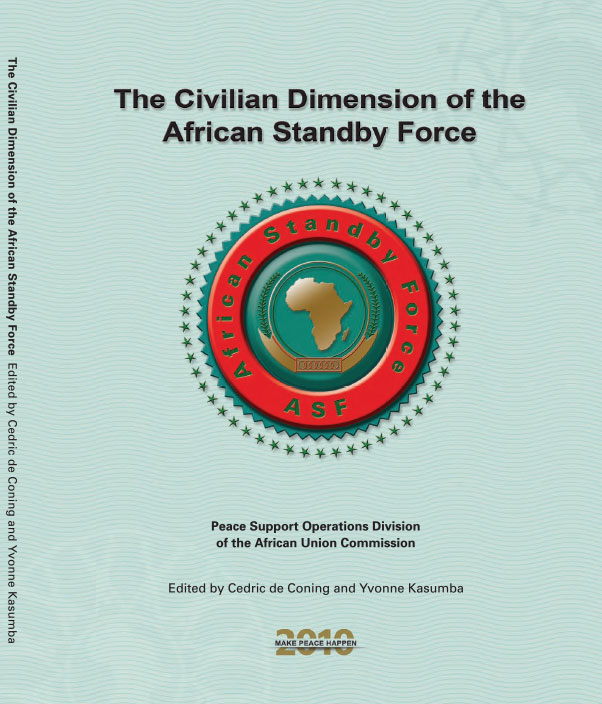
The African Standby Force (ASF) is an important tool of the African Peace and Security Architecture for the prevention, management and resolution of conflicts on our continent. An appreciable amount of progress has been made towards its realisation, from the development of the foundational policy documents to aspects pertaining to the establishment of a Rapid Deployment Capability for the Force. It is, however, the reality that there still exists a limited understanding of the ASF concept.
Peace support operations (PSOs) have evolved into complex and multidimensional enterprises that require integration and cooperation amongst military, civilian and police elements. Despite this development, there is still a view that PSOs are the preserve of the military, and little is still known about the role and necessity of civilians in the theatre of operations.
There is a need, on one hand, to increase our advocacy and outreach efforts so as to better gain support for the ASF whilst, on the other, we have even more work to do in terms of getting a broader understanding of the multidimensional imperative in PSOs, and specifically the roles and functions of civilian experts. It is true that work on the civilian dimension of the ASF is far behind that of the military and police components. However, over the past few years, a lot of progress has been made in terms of developing policy documents which articulate who the civilian experts are, what their functions are within the PSO context, how they should be recruited, trained and managed. There has also been recognition that civilians are quite a diverse and disparate group, unlike their military and police counterparts.
This edited volume comes at a critical time when the AU Peace Support Operations Division needs to create better awareness about the work it has done on the development of the civilian dimension of the ASF. It collates all the relevant documents that have been produced to date, and helps us get to a better conceptual understanding of what the civilian dimension in the ASF context is, and what it is not. Without the necessary awareness amongst the relevant decision-makers it will be difficult to operationalise the various concepts and policies and, most importantly, to get the necessary civilian personnel on board at both the continental and regional levels so as to ensure the efficient daily management and coordination of tasks and functions.
Download the English version of the report here.

